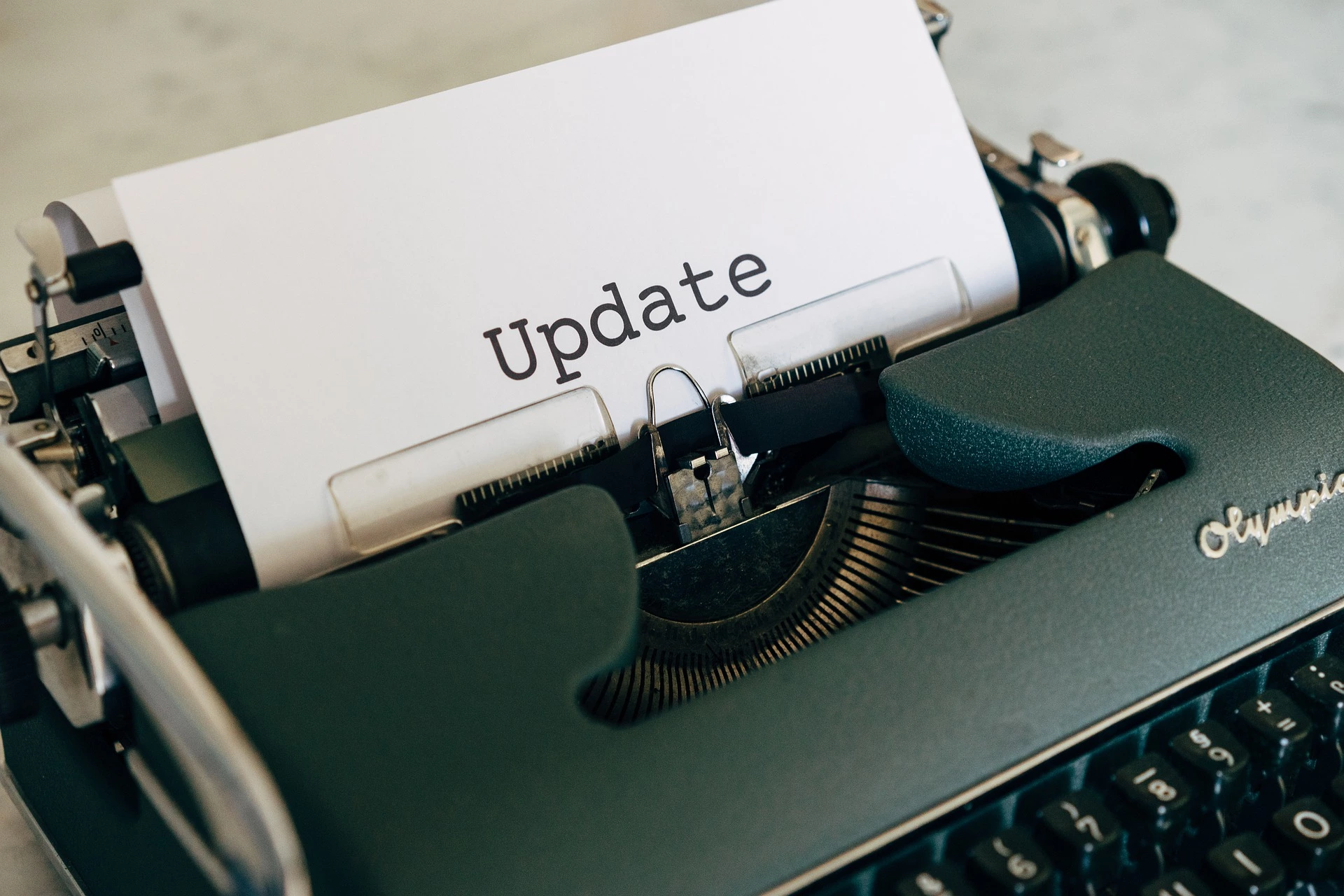
This post bundles updates from the following official tools, but not limited to: bundler, chatbot, studio, diff, glee, create-glee-app, cli, optimizer, modelina, generator, generator-react-sdk, java-template, java-spring-cloud-stream-template, java-spring-template, dotnet-nats-template and ts-nats-template.
You can find the last tooling update here.
Highlights
These are some of the highlights of changes that have happened in the tools and what's to come! Let me know what you wish to see from these updates, as I did not end up adding all the individual commits as I did in the last update but choose to only highlight certain features here now and to come. It of course does not cover all the changes, so I am trying to find a balance somewhere.
Modelina
As Modelina creeps closer and closer to version 1, we need to start to think about its vision and goals. Therefore I have started a discussion with the proposed vision and goals. The proposed vision is that Modelina becomes the GOTO solution for generating models for APIs - but, how do we achieve that?
Proposed Goals
- 250 contributors and at least two champions, per area of responsibility 🤝
- At least three ways to serialize models 3️⃣
- Regardless of your input, Modelina supports it 💯
If you want to influence the future of Modelina, jump into the discussion!
Rust
As aired in the last update a Rust generator was in the works, and it finally arrived thanks to leigh-johnson!
1import { RustGenerator } from '@asyncapi/modelina';
2const input = {
3asyncapi: '2.4.0',
4info: {
5 title: 'example',
6 version: '0.1.0'
7},
8channels: {
9 'user/signedup': {
10 subscribe: {
11 message: {
12 payload: {
13 $schema: 'http://json-schema.org/draft-07/schema#',
14 $id: 'root',
15 type: 'object',
16 additionalProperties: false,
17 properties: {
18 email: {
19 type: 'string',
20 format: 'email'
21 }
22 }
23 }
24 }
25 }
26 }
27}
28};
29const generator = new RustGenerator();
30const models = await generator.generate(input);
31...A simple Rust usage example with Modelina.
1#[derive(Clone, Debug, Deserialize, Eq, Hash, Ord, PartialEq, PartialOrd, Serialize)]
2pub struct Root {
3#[serde(rename="email", skip_serializing_if = "Option::is_none")]
4email: Option<String>,
5}
6impl Root {
7pub fn new(email: Option<String>) -> Root {
8 Root {
9 email,
10 }
11}
12}A simple Rust struct generated for the message payload
The Rust generator contains many features, such as generating tuples types, unions, enums, structs, and even the crate file!
You can read more about the feature here.
Python
Python is right around the corner, which builds on what Mahak started within the next branch. It will start off with only the core models, without any presets to add JSON Serializers, etc, but it's a good start!
Bundler
If you love decoupling your AsyncAPI documents, you might have reasons to bundle them all together within a single AsyncAPI document at some point. This is what the bundler can help you with, and a feature that is brewing that enables you to bundle external resources into the components section of the AsyncAPI document.
1asyncapi: '2.4.0'
2info:
3title: Account Service
4version: 1.0.0
5description: This service is in charge of processing user signups
6channels:
7user/signup:
8 subscribe:
9 message:
10 $ref: './UserSignedUp.yaml'The scattered AsyncAPI document (asyncapi.yaml)
And with an external message definition for the UserSignedUp.
1payload:
2type: object
3properties:
4 displayName:
5 type: string
6 description: Name of the user
7 email:
8 type: string
9 format: email
10 description: Email of the userThe separated message definition (UserSignedUp.yaml)
The bundler can then place all the external dependencies into the components sections to give you the bundled AsyncAPI document:
1asyncapi: 2.4.0
2info:
3title: Account Service
4version: 1.0.0
5description: This service is in charge of processing user signups
6channels:
7user/signedup:
8 subscribe:
9 message:
10 $ref: '#/components/messages/UserSignedUp'
11components:
12messages:
13 UserSignedUp:
14 payload:
15 type: object
16 properties:
17 displayName:
18 type: string
19 description: Name of the user
20 email:
21 type: string
22 format: email
23 description: Email of the userThe bundled AsyncAPI document that uses local references (asyncapi.bundled.yaml)
To that end
In the end, thank you to everyone who contributes to AsyncAPI in any way you can :purple_heart: If you also want to help out but don't know where to begin, then join the #11_how-to-contribute channel on Slack so we can help you any way we can :muscle:
If you have worked on something or are working on something that you would like to be included in these updates, feel free to reach out on slack!
Photo by Markus Winkler on Unsplash